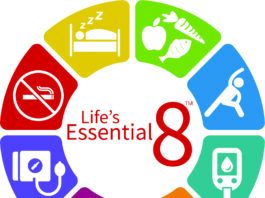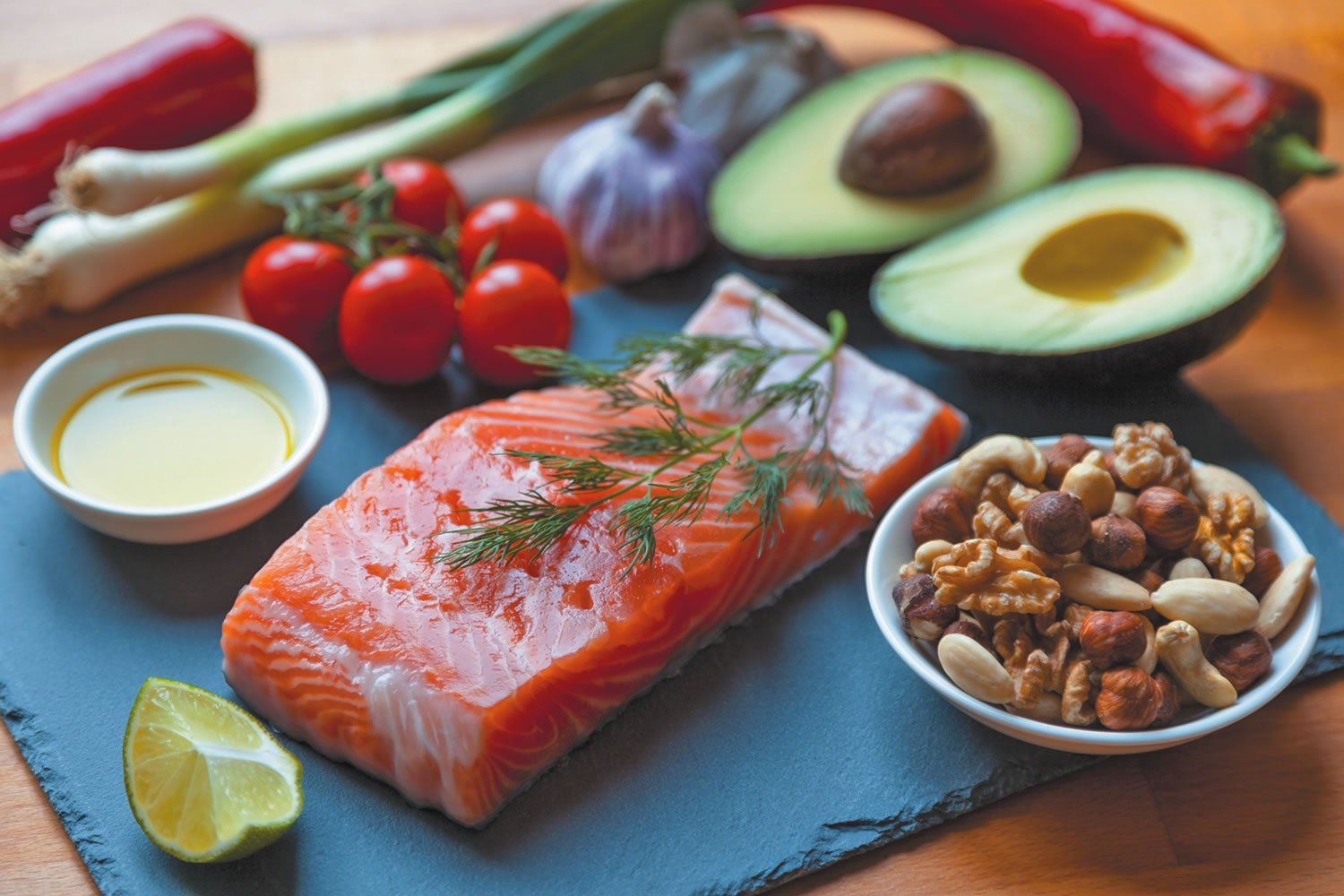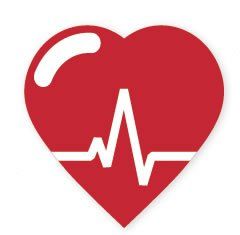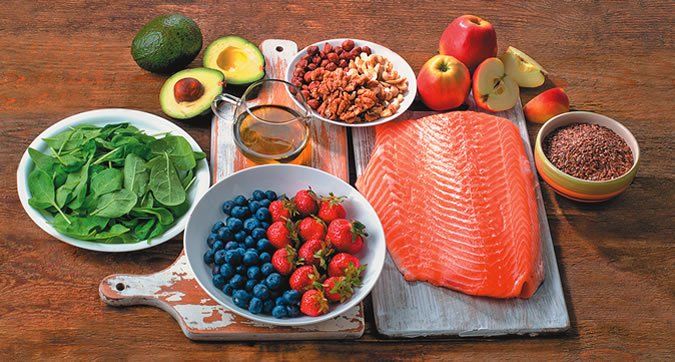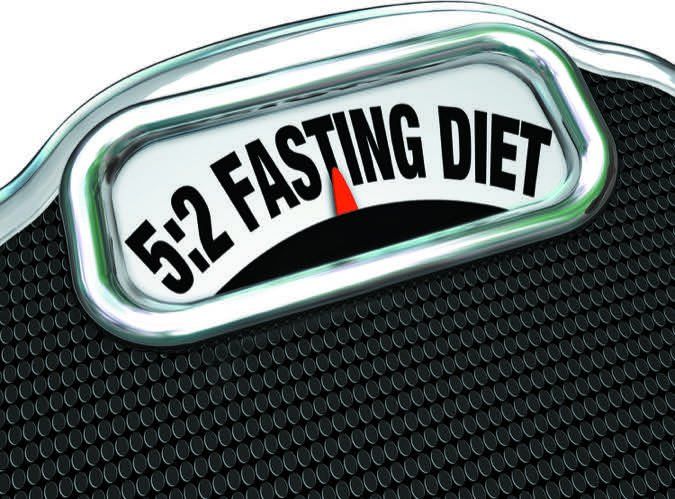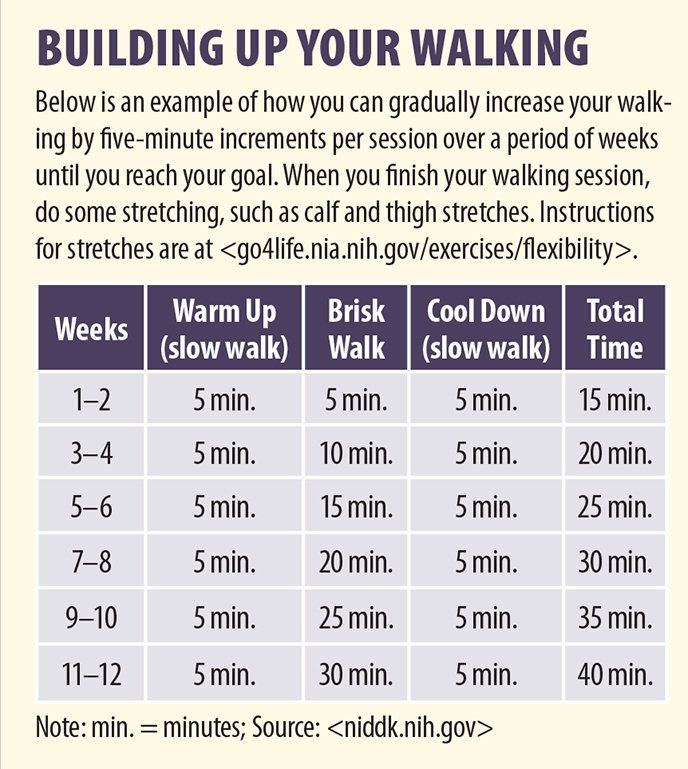New Evidence: Mediterranean Diet Supports Healthy Aging
Like other healthy eating patterns, the Mediterranean diet is rich in sources of unsaturated fats, such as olive oil and nuts, and emphasizes whole grains, legumes, fish, fresh fruits and vegetables, and limits red and processed meat, refined grains and added sugar. Nutrition science has produced convincing evidence that this eating pattern is good for you.
Calcium, Vitamin D and Bone Health: Should You Take Supplements?
How many times have you heard the message that Americans-particularly older adults-need adequate amounts of calcium and vitamin D for bone health? Major fractures of the hip or spine, often as the result of a fall, can send people to hospitals and nursing homes and raise the risk of disability and death. The Institute of Medicine (IOM) recommends daily intake of 1,000 to 1,200 milligrams (mg) of calcium and 600 to 800 international units (IU) of vitamin D, depending on age.
Diet Central In New Blood Pressure Guidelines
The American Heart Association and the American College of Cardiology have released an update to guidelines that redefines high blood pressure (hypertension) and makes recommendations on how doctors should treat it. The guidelines lower the threshold at which a person would be diagnosed with hypertension. Under the new standard, its estimated that 46% of American adults can now be diagnosed, or about 100 million people. The guidelines set a lower bar for what will be considered hypertension. Though voluntary, the guidelines are likely to influence how some doctors advise and treat their patients.
Healthy Meals with Pasta
Americans consume 6 billion pounds of pasta each year, according to the National Pasta Association. Pasta dishes can fit into a healthy eating pattern. It depends in part on portion size. The type of pasta-regular vs. whole-grain-could also be important, although the evidence for it is not definitive. Its also relevant what sauces and other topping you use to make a pasta dish.
Healthy Diet and Lifestyle to Sidestep Metabolic Syndrome
Three or more key factors add up to a higher risk for heart disease and diabetes. But healthy nutrition and exercise reverse the trend.
Cooking for Food Allergies, Intolerances and Gluten Sensitivity
Q: Who must avoid gluten?A: People who must avoid gluten (a protein in wheat, barley, rye and related grains such as farro and spelt) include people with celiac disease and people with non-celiac gluten sensitivity.
The Buzz on Intermittent Fasting
Intermittent fasting is a hot topic among dieters and researchers alike. This weight loss approach is all about forgoing food and caloric beverages for periods longer than a typical overnight fast.
Managing Special Diets at Holiday Meals
Whether youre hosting or attending a holiday meal, chances are that one or more guests are restricting something from their diets. Watching salt intake is one of the more common dietary restrictions, according to an online poll of American households. But, a good portion of people limit or avoid items like lactose (natural milk sugar), meat, refined carbohydrate/sugar, gluten (a protein in certain grains) or commonly-allergenic items like milk (dairy), peanuts and tree nuts. So, how can you all come together to enjoy a meal?
The Link Between Your Walking Pace and Aging Well
Walking may seem like a pretty simple activity. But, several different parts of your body are involved, like your heart, lungs, nerves, muscles and bones. So, your walking pace may slow if you're having a problem in one or more of these parts of the body.
Making Healthy Meals with Minimal Fuss
Many people are pressed for time (and sometimes energy) when it comes to putting dinner on the table. But, sometimes we make it harder than it needs to be. You'll be ready to whip up a quick meal any day of the week if you stock your kitchen with minimally-prepped, nutritious ingredients (think: frozen vegetables, precooked brown rice and frozen fish fillets) and simple ideas for quick-fix dishes.




























